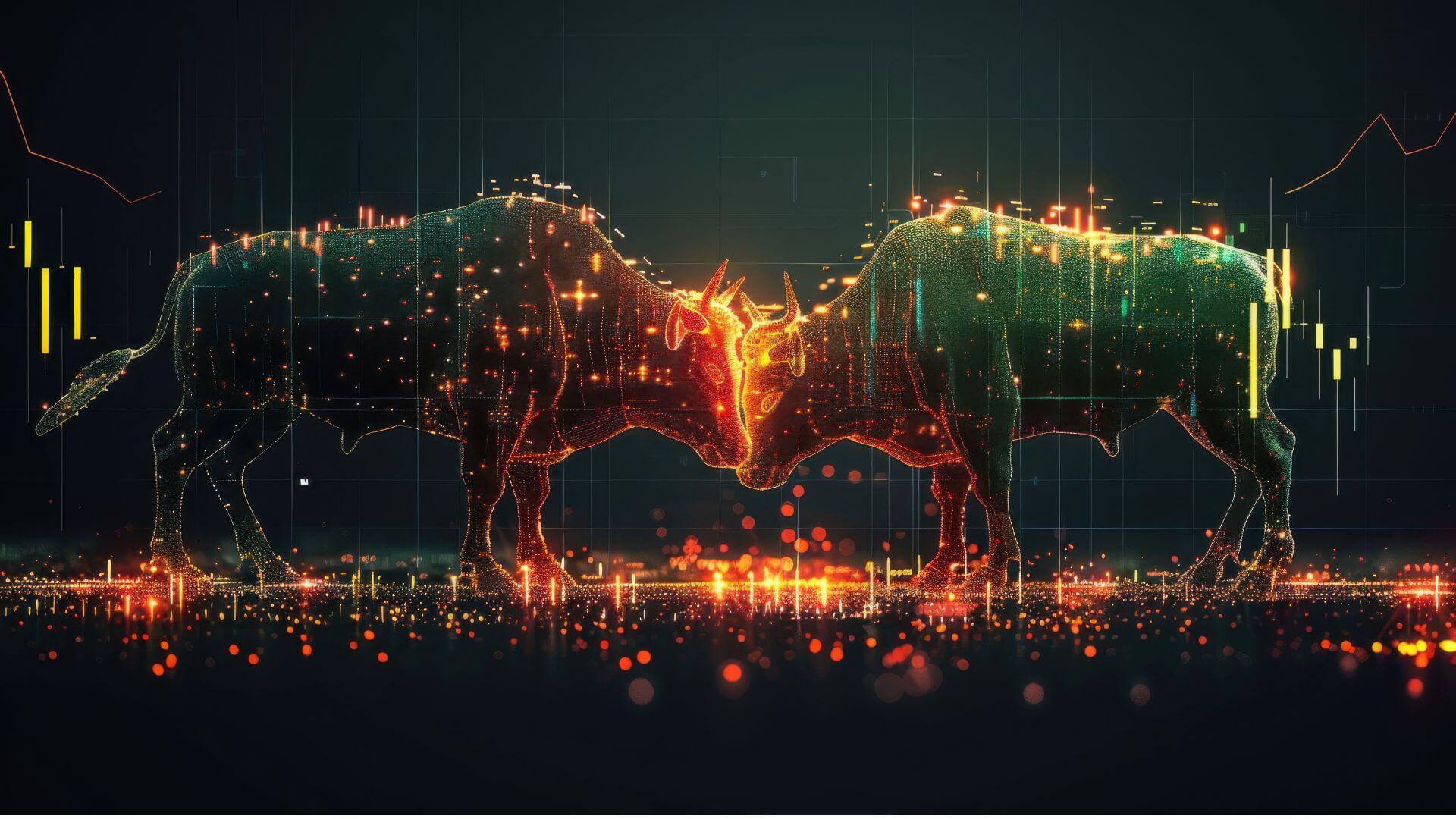
The Evolution of Prop Trading Firms: What’s Next in the Industry
Proprietary trading firms have undergone a remarkable transformation over the past decade. What was once a niche sector dominated by institutional traders has expanded into a global opportunity accessible to retail traders. As technology advances and financial markets evolve, prop trading firms are adapting to new challenges and innovations.
This article explores the history of prop trading, its recent evolution, and emerging trends that will define the industry in the coming years.
The Early Days of Proprietary Trading
Prop trading firms have existed for decades, traditionally as in-house trading desks at major financial institutions. These firms used their capital to execute trades, profiting directly from market movements rather than commissions.
The landscape changed after the Dodd-Frank Act (2010) and the Volcker Rule, which restricted banks from engaging in proprietary trading. This regulatory shift led to a boom in independent prop firms, offering traders access to capital without institutional backing.
To learn more about the historical changes in prop trading, visit City Traders Imperium’s overview.
The Rise of Modern Prop Trading Firms
With the rise of online trading platforms, AI-driven analytics, and remote funding programs, prop firms have become more accessible to traders worldwide. Some key innovations shaping modern prop trading include:
- Remote and Funded Accounts: Traders can now qualify for capital through evaluation programs instead of depositing their own money.
- Algorithmic and Quantitative Trading: Advanced trading strategies driven by machine learning and AI are gaining popularity.
- Risk Management Enhancements: Automated risk controls help firms manage trader performance while optimizing profitability.
For more insights into recent advancements, check out Leverate’s analysis.
Key Trends Shaping the Future of Prop Trading
- The Integration of AI and Automation
Artificial intelligence is revolutionizing trading strategies, allowing firms to:
- Analyze massive datasets in real time.
- Automate trade execution and risk management.
- Improve trader evaluation and funding processes.
Firms that incorporate AI-driven risk management tools will have a competitive edge in the industry.
- Expansion of Retail Prop Trading Opportunities
More firms are opening doors to retail traders through structured challenges and funding models. This democratization of access allows traders worldwide to participate without significant upfront capital.
- Regulation and Compliance Changes
As the industry grows, regulators may impose stricter oversight on prop firms, requiring:
- More transparency in funding programs.
- Stricter compliance with financial regulations.
- Enhanced risk disclosures to traders.
- Evolution of Trading Strategies
Prop firms are exploring diverse strategies beyond traditional forex and futures trading, including:
- Cryptocurrency trading as digital assets gain institutional adoption.
- Derivatives and options trading to hedge against volatility.
- High-frequency trading (HFT) using advanced algorithms.
For an in-depth look at prop trading trends in 2025, visit Chart Nomads’ industry report.
Challenges Facing the Prop Trading Industry
While opportunities are expanding, firms must address key challenges, including:
- Scalability Issues: Managing a growing number of traders while maintaining profitability.
- Regulatory Uncertainty: The potential for increased oversight and compliance burdens.
- Risk Management Complexities: Ensuring traders adhere to risk parameters while maximizing returns.
To explore how firms are adapting to these challenges, read Forbes’ industry analysis.
What’s Next for Prop Trading Firms?
The future of prop trading will be shaped by:
- More accessible funding models to attract new traders.
- Advancements in AI and automation for smarter trade execution.
- A shift toward diversified asset classes, including crypto and derivatives.
- Increased regulation to ensure transparency and protect traders.
The firms that adapt to technological advancements and regulatory changes will continue to thrive in the evolving landscape.
Conclusion
Prop trading firms have evolved from exclusive institutional desks to globally accessible platforms for traders. As AI-driven strategies, automation, and new funding models shape the industry, traders must stay informed and adapt to these trends.
Understanding these changes will be crucial for traders and firms looking to stay ahead in 2025 and beyond.
